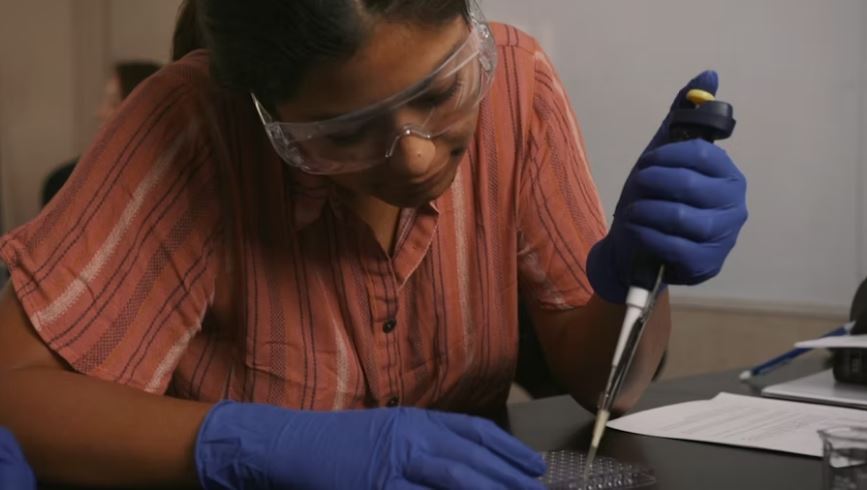This prerequisite professional education course is designed to introduce the prospective teacher candidate to foundational principles relevant to contemporary education. The course helps the prospective teacher candidate develop knowledge and skills related to teaching-learning processes, including effective practices for teaching students of differing gender, ethnicity, culture and socio-economic status. This includes differentiation for English Language Learners and students with special needs. Observation and (as allowed) participation in a local public-school classroom for 10 hours is required.
Course Highlights
This course is a survey of varying philosophical ideologies and their subsequent impact on educational theory and practice. This course has a dual purpose: first, to introduce students to the major Western philosophical thinkers and their systems; and second, to make application of those ideas to the field of education. The course has both a theoretical and applied component while providing an historical context of education in the United States.
An introduction to the classical and modern concept of evolution with critical discussion of proposed mechanisms involved and with evaluation of special creation and other alternative origins positions.
Serves as an introduction to Mendelian, non-Mendelian, and modern molecular genetics. Topics covered include but are not limited to fundamental aspects of inheritance; bacterial and viral genetics; chromosomal linkage and mapping; genome, proteome, and exome analysis; DNA structure and metabolism; and gene expression.










